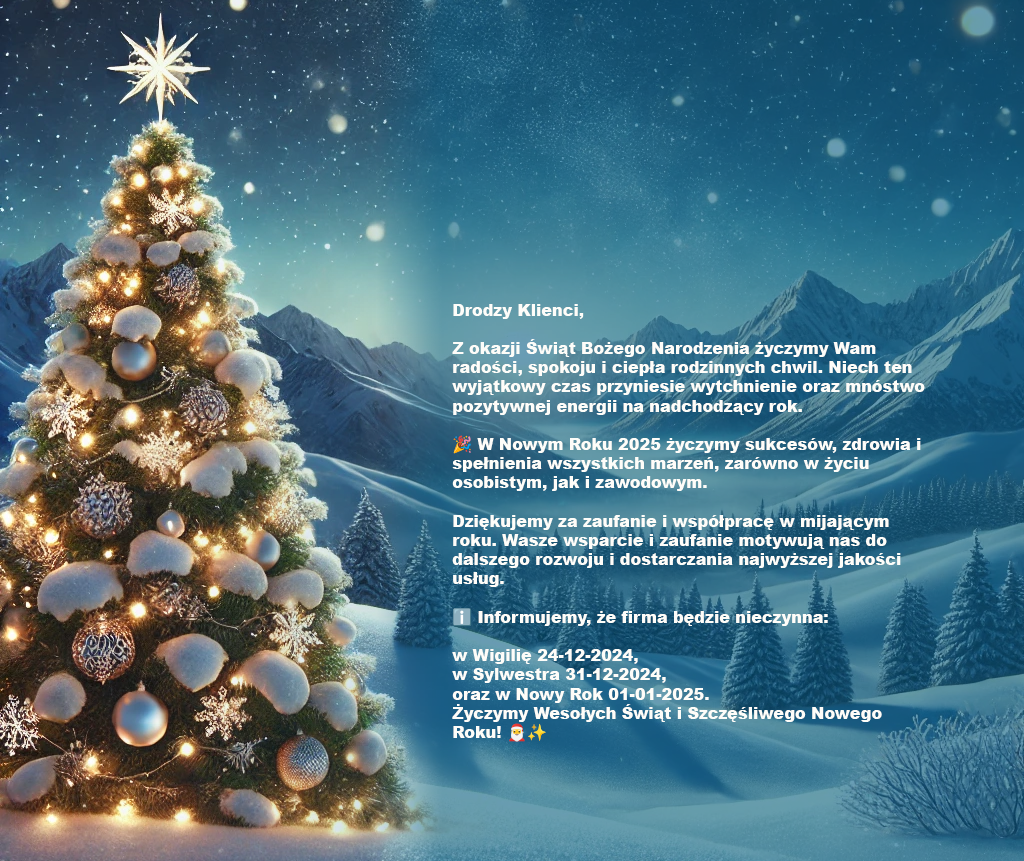Full flight simulators are complex machines that require regular maintenance to ensure they are operating properly and safely. Maintenance can include tasks such as cleaning and lubricating mechanical components, inspecting and repairing electrical systems, calibrating sensors and controls, and updating software and hardware.
Regular maintenance is important for several reasons. First, it can help prevent equipment failure and ensure that the simulator is functioning correctly, which is critical for training purposes. Second, regular maintenance can help extend the lifespan of the simulator, which can save your company money in the long run. Finally, proper maintenance can help ensure that the simulator meets regulatory requirements and industry standards.
Depending on the type of simulator and the amount of use it gets, maintenance schedules can vary. Some simulators may require daily or weekly maintenance, while others may only need to be serviced on a quarterly or annual basis. It’s important to follow the manufacturer’s recommended maintenance schedule and to keep detailed records of all maintenance tasks performed.
1. Inspection and cleaning of simulator’s air conditioning and ventilation systems to ensure they are functioning properly. This includes checking air filters, cleaning vents, and testing airflow.
2. Testing and calibrating the simulator’s instruments, including flight instruments and control panels. This ensures that they are accurately measuring and displaying data, and that controls are responding correctly.
3. Review and update the simulator’s software and hardware, including any updates or patches that may have been released. This ensures that the simulator is running on the most up-to-date software and hardware, which can improve performance and reduce the risk of software errors.
4. Check and test the simulator’s communications systems, including radios and intercoms, to ensure they are functioning properly. This includes testing the range and clarity of communication, and checking that all channels are working correctly.
5. Conducting a full system check of the simulator to ensure that all components are functioning correctly. This includes checking the hydraulic and pneumatic systems, electrical systems, and any other mechanical components to ensure that they are working as they should.
“We understand that every simulator is different, which is why we take a personalized approach to maintenance scheduling. Our team will work with you to identify any specific needs or concerns you may have and tailor our maintenance plan accordingly”.
Michał Bisikiewicz
FF Simulators Project Manager
Benefits of the simulator complex maintenance:
increased safety,
improved performance,
extended lifespan of the simulator
Constant Backup Service
Software under perfect care!
1. Storage: We have ample storage capacity to store your backup data, using external hard drives or cloud-based storage solutions.
2. Backup software: We use top-of-the-line backup software to manage backups, ensuring that your data is protected and easily accessible when needed.
3. Network connectivity: We have reliable network connectivity to ensure that backups can be performed and data can be accessed when needed, even in remote locations.
4. Power supply: Our backup solution includes an uninterruptible power supply (UPS) to ensure that backups can be completed in the event of a power outage.
5. Security measures: We take security seriously and implement strong encryption and access controls to protect your backups and ensure that your data remains confidential.
With our constant backup service, you can rest assured that your simulator’s software is being backed up regularly and that you have a reliable solution in place in the event of a failure. Our team is dedicated to ensuring that your data is protected and that you have the support you need to keep your simulator running smoothly.
We keep software up-to-date and running smoothly with a constant Backup service and expert hardware approach, so you can focus on the flight training experience
